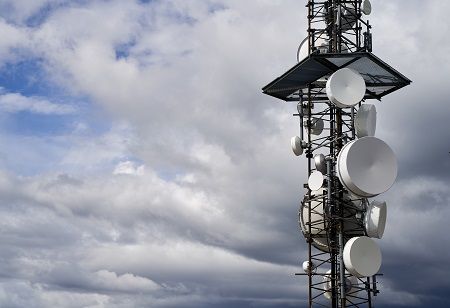
BSNL is gearing up to launch its 4G services nationwide starting in August, utilizing entirely indigenous technology in alignment with the government's "Atmanirbhar" policy, according to official sources. During the pilot phase, BSNL officials reported achieving peak speeds of 40-45 megabits per second on the 4G network, which has been deployed in the premium spectrum bands of 700 megahertz (MHz) and 2,100 MHz.
The initial rollout of 4G services has been completed in Punjab, leveraging technology developed domestically by IT company TCS and a consortium led by the state-run telecom research organization C-DOT. Approximately 800,000 subscribers have already been onboarded in Punjab.
According to a senior government official, the 4G core developed by C-DOT has demonstrated excellent performance in the BSNL network in Punjab. Despite the complexity of the technology, the C-DOT core stabilized within 10 months of installation, surpassing the typical 12-month timeframe for such deployments. BSNL aims to introduce Atmanirbhar 4G technology nationwide by August.
The core network, crucial for providing fundamental services in a telecommunication network, consists of network hardware, devices, and software. Telecom regulator Trai recently outlined the core network's functionalities, including aggregation, call control, switching, authentication, charging, and gateway functionality.
BSNL has awarded contracts totaling around Rs 19,000 crore to TCS, Tejas Networks, and government-owned ITI for the deployment of the 4G network, designed to be upgradable to 5G. Arnob Roy, Executive Director and Chief Operating Officer of Tejas Networks mentioned during a recent earnings call that BSNL's mobile network deployment is progressing across various zones.
We use cookies to ensure you get the best experience on our website. Read more...